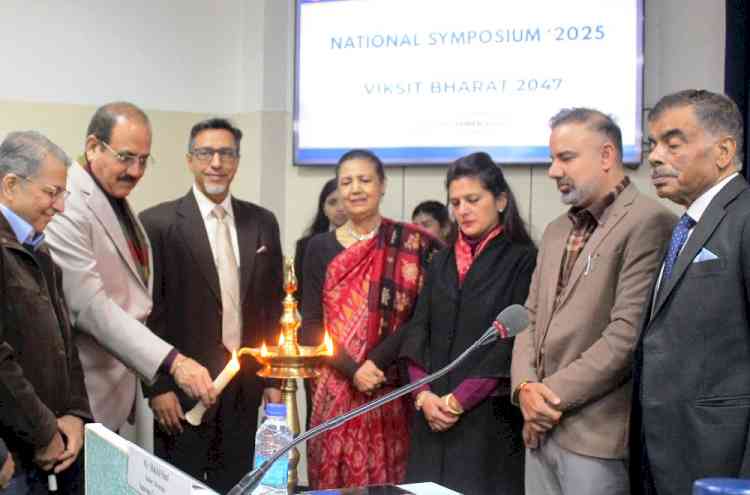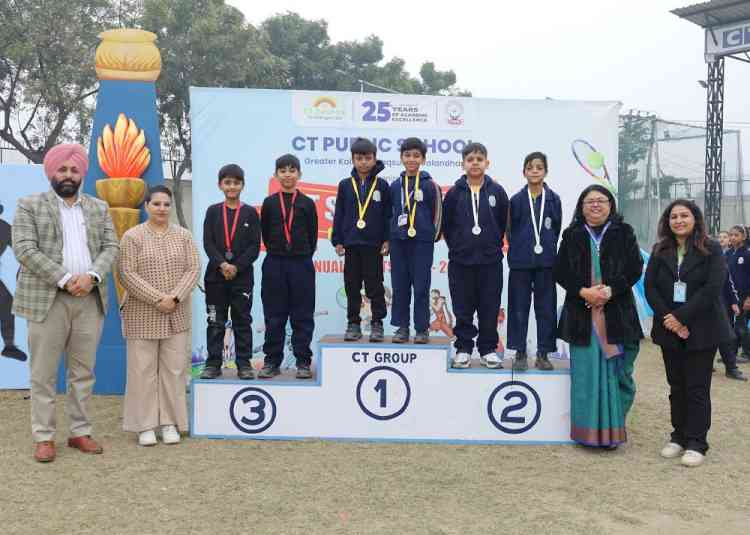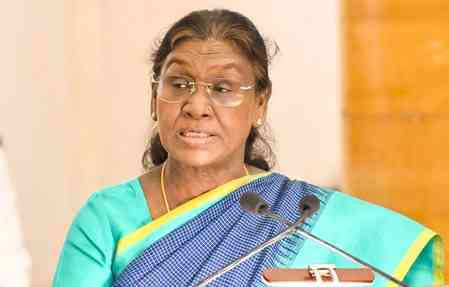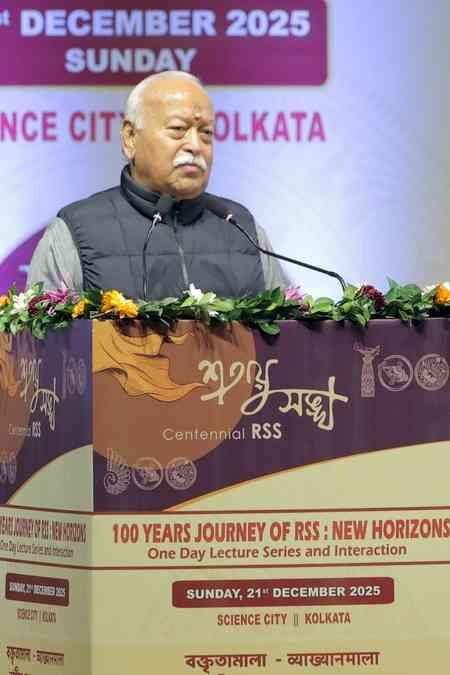Promote agroforestry models to improve incomes, reduce climate change
A 21-day winter school on agroforestry concluded at the Dr YS Parmar University of Horticulture and Forestry, Nauni. The theme of the Winter School was AgroForestry- A Potential Approach to Mitigate Climate. Fifteen scientists from different states participated in this ICAR-sponsored programme.
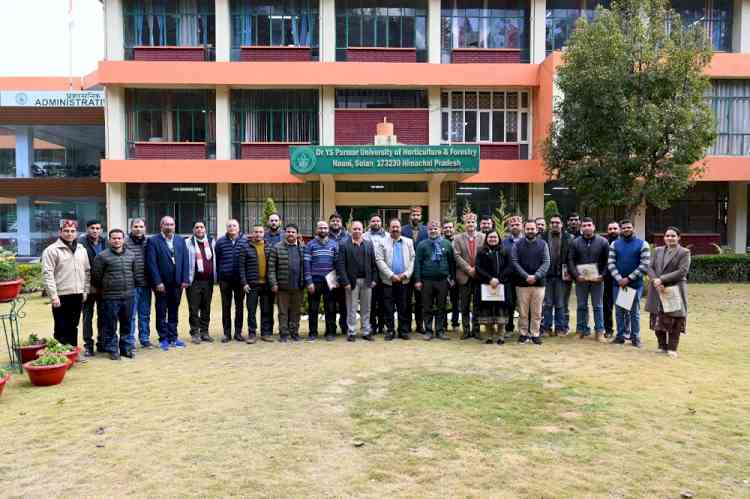
A 21-day winter school on agroforestry concluded at the Dr YS Parmar University of Horticulture and Forestry, Nauni. The theme of the Winter School was AgroForestry- A Potential Approach to Mitigate Climate. Fifteen scientists from different states participated in this ICAR-sponsored programme.
The basic objective of the course was to acquaint the participants with the latest issues and recent innovations in the agroforestry domain for climate change mitigation and offered theory and practical-oriented (industrial visit) understanding of the technologies for the development of the climate resilient agroforestry systems model and assessment of the agroforestry systems for the economic, ecological and social parameters. Renowned resource persons from different institutes in India and abroad interacted with the participants during the three-week course.
Addressing the participants during the valedictory session, Dr Sanjeev Chauhan Director Research stressed on the vital role agroforestry could play in the prosperity of poor people suffering from hunger, malnutrition, abject poverty and deterioration of the environment in the areas that have been bypassed by the green revolution. He said that besides food and livelihood security, agroforestry systems can help in greater CO2 sequestration from the atmosphere because of the integration of trees in the systems.
Dr. Inder Dev, Director Extension Education said that Agroforestry is a dynamic, ecologically sound, natural resource conserving practice that, through the integration of trees into agricultural landscape, and around 1.2 billion people depend to a large extent on agroforestry products and services for their survival. He urged the scientists to incorporate trees into farming systems to attain prosperity at the farm level through marketable products - such as timber, building poles, firewood, animal fodder, fruits, medicines, etc. all of which earn extra income.
He exhorted that there is an increasing awareness, the world over about the adverse impacts of greenhouse gas emissions and the consequent climate change. Agroforestry provides private benefits for poor farmers in developing countries and global environment payoffs. He said that the focus on trees, as opposed to other vegetation, is because trees sequester a relatively large quantity of carbon for a longer period. Globally, many countries including India have identified agroforestry systems as a climate change adaptation strategy.
To generate interest among the trainees, farm visits, farmers interaction, and industrial tour for the production and utilization of the wood-based resources were also arranged, which generated interest among the trainees for adoption in their respective institutes.


 City Air News
City Air News 
